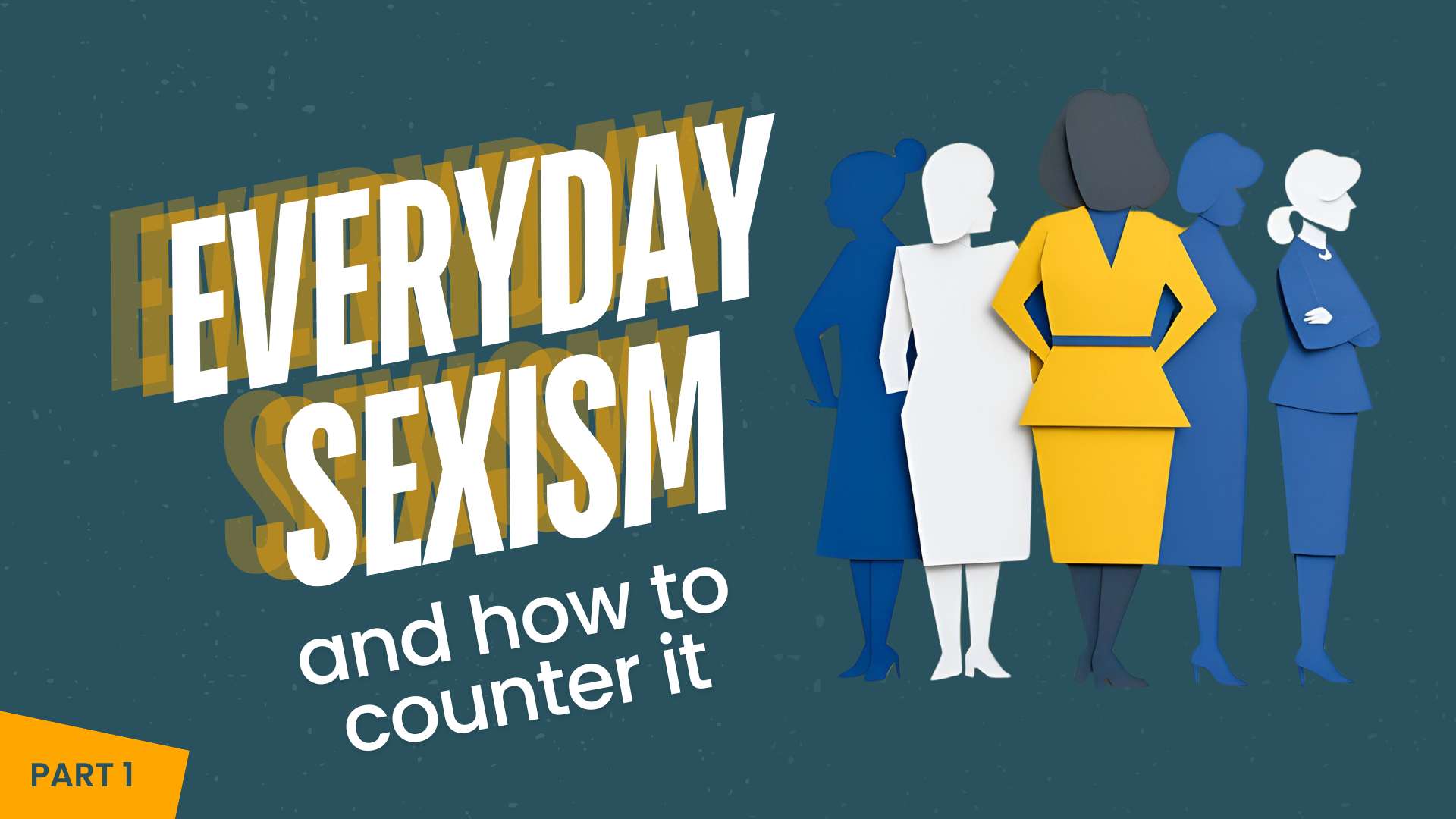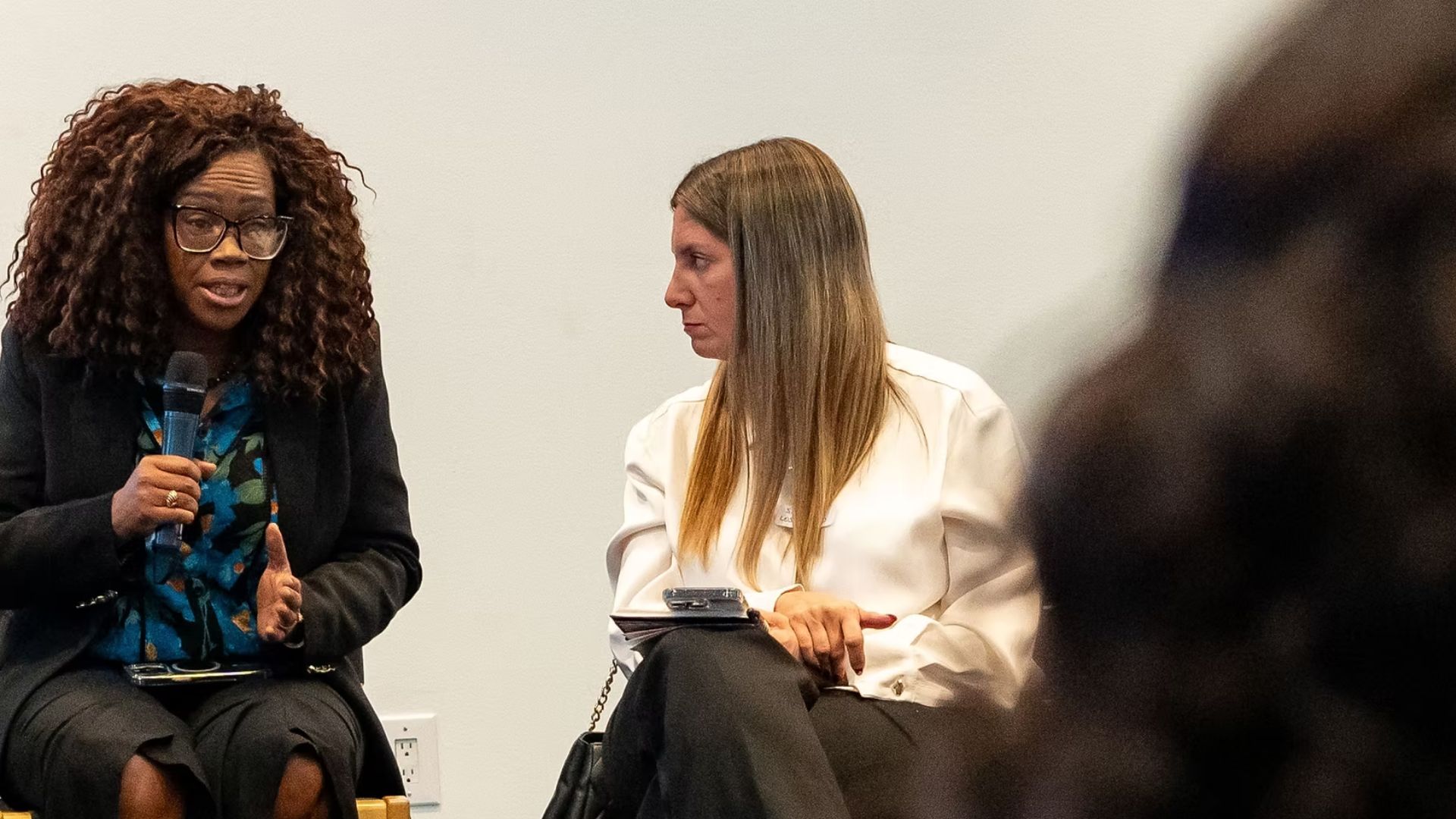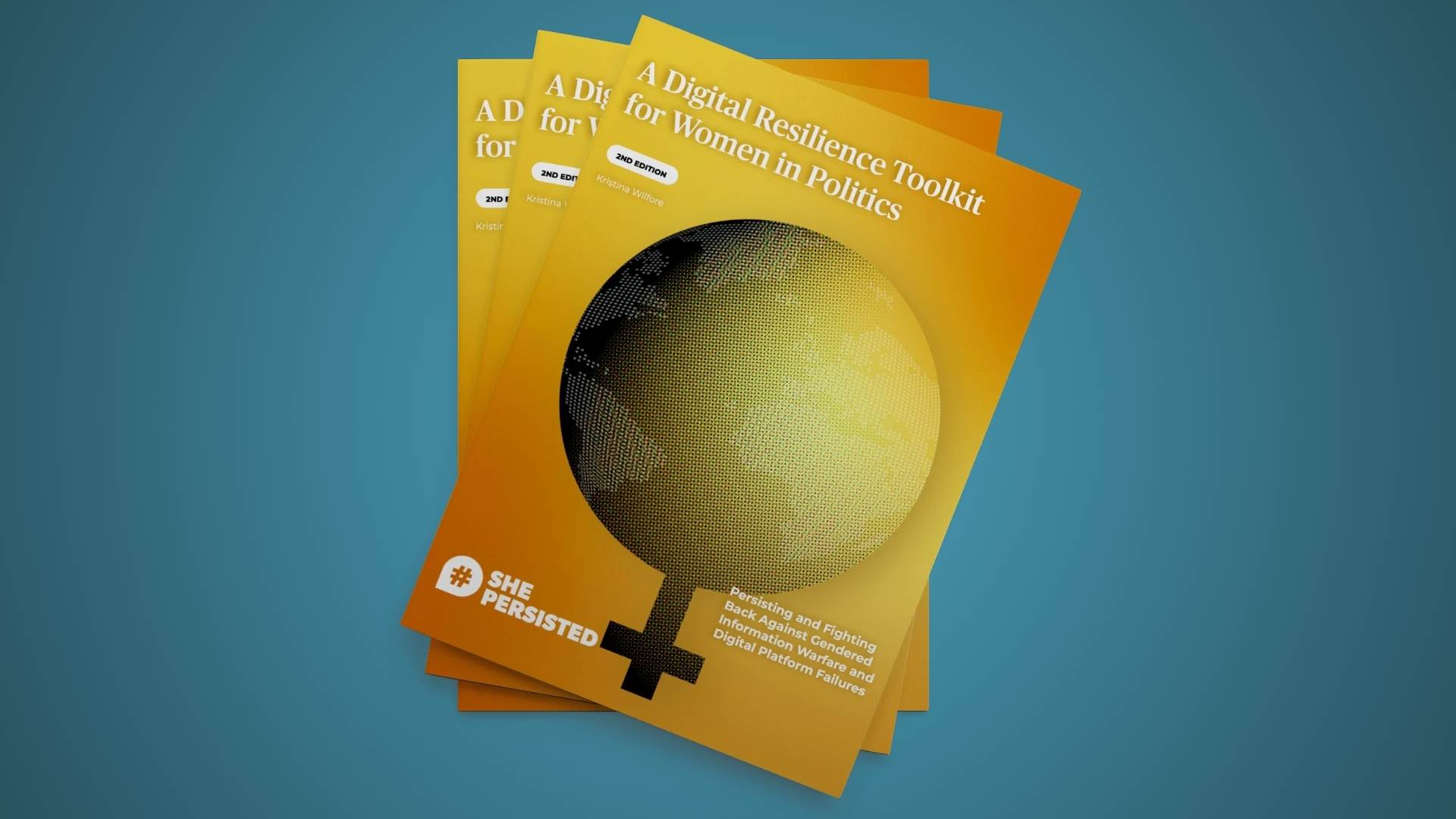Everyday sexism is a persistent obstacle for women in politics, from the campaign trail to the chambers of parliaments and councils. It shows up in off-hand remarks, undermines expertise, and reinforces outdated stereotypes – making it harder for women to lead, be heard, and stay visible in public life.
In this new series, leadership communications expert Amanda Gome AM shares her strategies for recognising and countering these pervasive behaviours, with practical tips drawn from her decades of experience.
- In this post: The aim and impact of everyday sexism
- Future posts: How to counter it

About Amanda Gome AM
Amanda Gome helps leaders and organisations build profile, impact and influence through leadership communications, media and social media to change the word for the better. She also trains leaders and groups to recognise and counter every day sexism.
Awarded an AM in 2014 for significant services to women, media and business, Amanda is CEO of Notable Media and Vice President of Women’s Leadership Institute of Australia which supports Pathways to Politics.
Who does everyday sexism impact?
Everyday sexism is everywhere: in your workplace, your home, our parliaments and councils, media, advertising, policies, systems, and even in your family and friendship group. It’s every day, everywhere and it’s insidious. It can be pointed, nasty and cross a line, or dismissed as just thoughtless banter or a well-meaning joke.
It can happen to women, men, and non-binary people, and perpetrators can be anyone.
These behaviours in organisations and across society affect people who don’t fit stereotypical or leadership norms and it is a well-documented reality for many professional women.
Everyday sexism usually aims to shut you up, undermine you, belittle and disrespect you. Its aim can be to make you go away and chase you out of public and professional life. Some people may also use it out of a misguided desire to protect you or support you.

What are the impacts of everyday sexism?
In my 30+ years as a leader in media and communications, I’ve seen its impact repeatedly. I ask highly accomplished women on a regular basis – why aren’t you more professionally visible and confident?
Their answers usually reflect the toll of everyday sexism. They take it to heart, often putting their hand on their heart as they talk, because that’s where it hurts them. They take it personally.
It’s a well-documented reality, especially in politics, where women feel its sting deeply – right in their hearts.

Ms Represented:
One hundred years after Australia elected its very first female parliamentarian, Annabel Crabb presents a raw and honest account of politics from the female perspective. They took it personally.
The impacts:
- Stops people – particularly women – progressing and causes them to step back and drop out of roles and careers
- Takes a personal toll on their self-esteem, personal relationships and general health
- Perpetuates unhelpful, outdated norms and stereotypes
- Stops diversity of voices, perspectives and experience
- Contradicts codes of conduct and policies that prioritise inclusivity and equality
- People hate it! Most people report feeling very uncomfortable if they hear everyday sexism but don’t know what to say.
How to counter it
Good news first: in my experience, once someone learns to recognise everyday sexism and knows how to counter it, it never affects them with the same force again. They have an armour sitting between the comments and their heart. It’s not me! It’s sexism! That’s a powerful protector.
What’s more they can confidently call it out and lead when they see it happening to others to make workplaces – and all places – more inclusive for everyone.
There is a lot of research and reports worldwide addressing this vexing issue.
The report called ‘We Set the Tone’ by Champions of Change included on the excellent Respect@Work website pretty much sums up what I have seen and heard in the last 40 years and no, it’s not getting any better.
The report describes everyday sexism as:
- Unwarranted gender labelling
- Devaluing women’s expertise and views
- Insults as a joke
- Preoccupation with physical appearance
- Assumptions about people and their roles
- Assuming caring and careers don’t mix

In my next post I provide my tips on how to recognise and counter everyday sexism – starting with unwarranted gender labelling.










